- Home
- Group
- History
History
Since its foundation in 1956, Groupe Savencia has grown upon human-sized companies, in close touch with their local markets, and focusing on high quality, service and innovation.
-
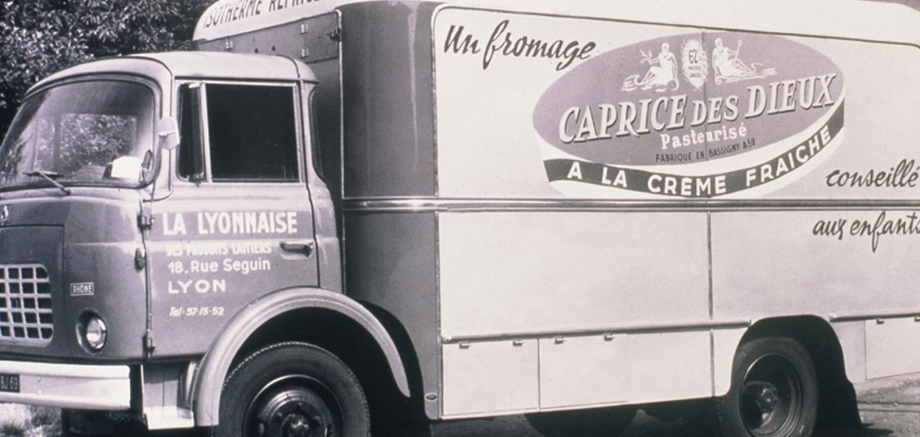
It all begins with a “Caprice”
We are in 1956 and in the village of Illoud in France's Haute-Marne department. Jean-Noël Bongrain, running counter to the market of the time, conceives and creates a cheese unlike any other: Caprice des Dieux was born. Its recipe? Milk, cream, natural lactic yeasts, a pinch of salt, nothing else. An iconic cheese with purity as its nature. It was that innovation that exemplified the invention of cheese specialties and became the foundation of Groupe Bongrain's specialty strategy.
-
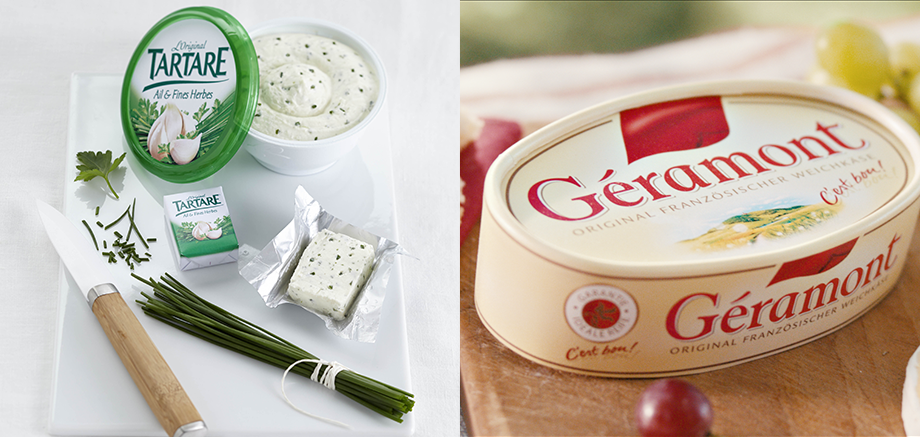
First steps outside of France
The family company sets out to conquer Europe and starts developing its export activity. It implants commercial roots in Germany, Belgium, Switzerland and Italy with Caprice des Dieux and Tartare, and then in Spain with a manufacturing facility and the development of the Arias brand.
-
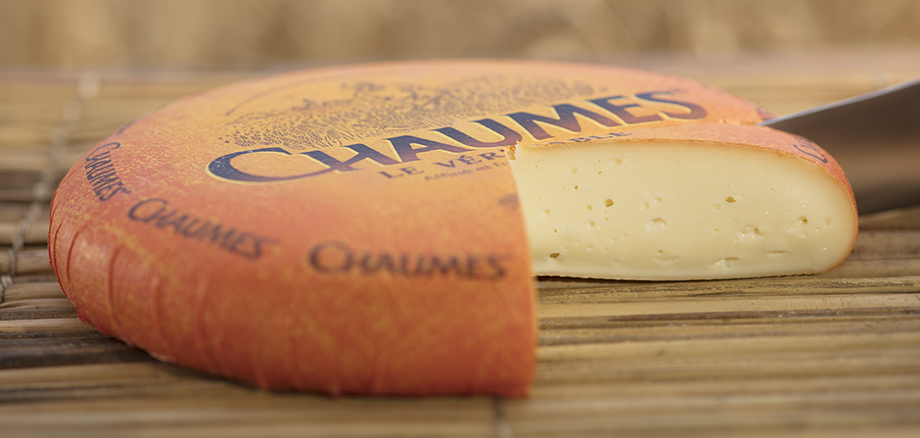
From cheese shops to supermarkets
Cheese and dairy products at last take their place on supermarket shelves! Fromagerie des Chaumes, the pioneer manufacturer of cheese sold over the counter in supermarkets, launches three cheese specialties: Chaumes, manufactured in the Périgord province of France; Belle des champs, for which the advertising slot and its jingle composed by Richard Gotainer become emblematic of their time; and finally Saint Albray, manufactured in the Bearn province in the French Pyrennees and still the market leader in the tasty soft ripened cheese category.
-
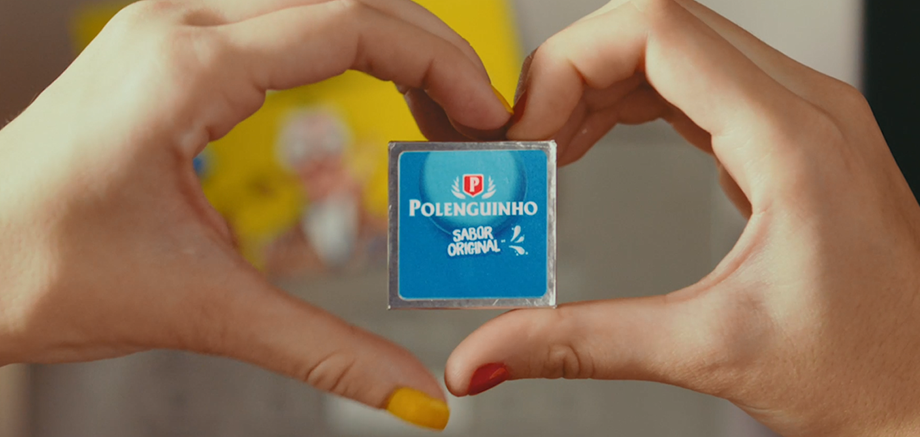
Conquering the world
The Group pursues its global expansion. Always a precursor, it sets foot in USA as early 1971 with Alouette, and then in Brazil in 1975 with Polenghi, the brand of reference for quality cheese. In the 1990s, it's the turn of the Czech Republic, Hungary and Poland, and then in the 2000s Slovakia, the Ukraine and Serbia. The group's credo? Boost strong local brands with the help of dynamic sales and advertising support, helping them acquire market leader positions.
-
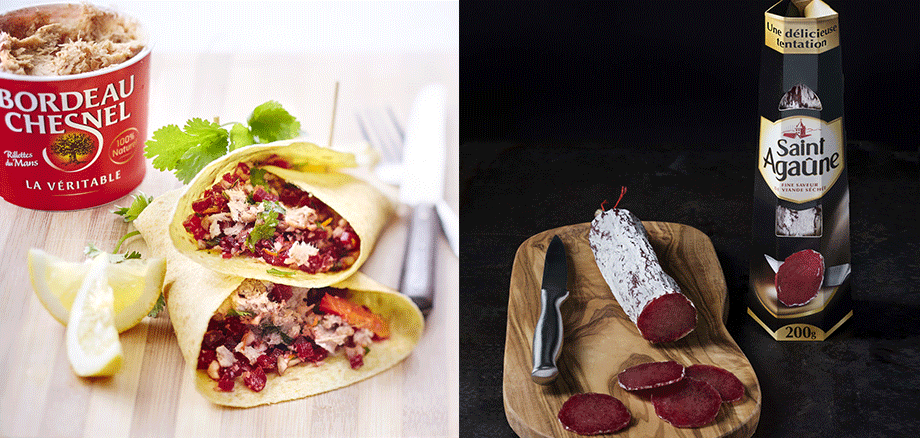
“We don’t hold the same values”
Luissier Bordeau Chesnel joins the Group, bringing with it the company's famous traditional pork rillettes manufactured near Le Mans. Its Bordeau Chesnel heritage brand quickly becomes the market leader with its combination of tradition and inventiveness and its celebrated advertising slogan "We don't hold the sames values". An innovative division specializing in charcuterie and seafood products has later been developped, including the Coraya range of delicious and practical surimmi products and the creation of Saint Agaûne, a unique cured meat specialty which revolutionized the world of sausages.
-
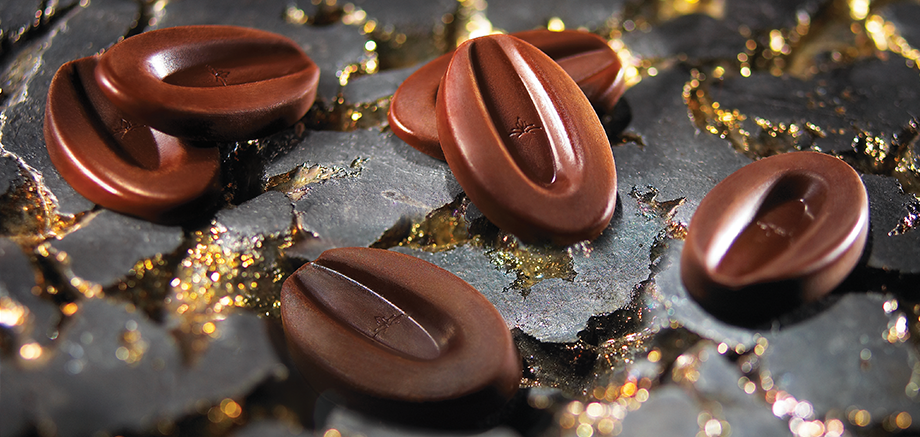
Diversification into chocolate
Following Révillon, a centennial Lyon-based brand famous for its chocolate papillotes, in 1984 the Group extends its diversification into chocolate with the acquisition of Valrhona, the brand of reference for master chocolatiers. The Group becomes a key player within the universe of premium chocolate. Based at Tain-l'Hermitage in France's Drôme department, Valrhona selects the finest of cocoa beans by actively developing lasting relationships with cocoa producers.
-

Choco chic and choc
In 1995, the celebrated La Maison du Chocolat chocolate store joins the Group. Its founder, Robert Linxe, had conceived it as the first leading Paris house for chocolate creations, chocolate's equivalent of a haute couture house of fashion. A year later, the De Neuville store network joined the Group, complementing the "boutique" operations and democratizing French quality chocolate. More recently, the Group's premium chocolate food service (or chocolate for professionals) division has also grown its wings with, in France, Weiss and Chocolatree and, in Ecuador, Républica del cacao.
-
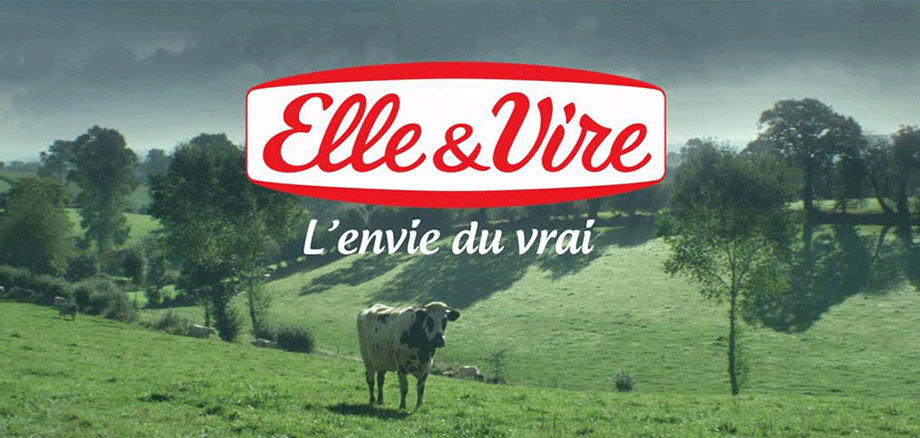
La crème de la crème
The Group consolidates the activities of Compagnie Laitière Européenne (CLE) and acquires new market positions: in the camembert market fist of all, with Coeur de Lion, then in the butter and cream market with Elle & Vire, also in the technical butters market with Corman and lastly, in the dairy ingredients market with its Armor subsidiary. CLE has the benefit of excellent quality Norman milk ressources, sourced from one of France's best dairy regions, as well of cutting-edge expertise in the field of milk and butterfat fractionation.
-
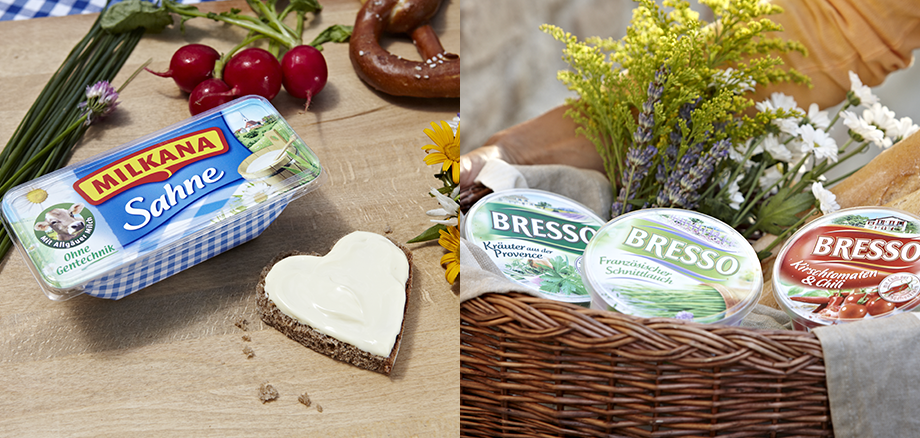
Brand stories
The Group consolidates its position as the market leader for branded cheeses with its acquisition in Germany of Edelweiss and of the Bresso, Milkana and Brunch brands, followed in 2008 by the acquisition of Passendale in Belgium, all brands possessing strong local traditions. For example Milkana, manufactured using the good milk of the Allgäu region of Bavaria, has been shared at family occasions since the 1950s.
-
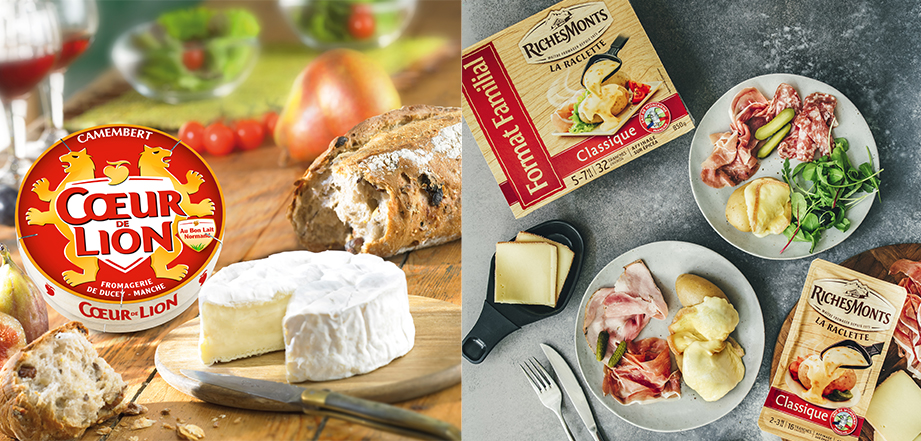
Personalities join forces
A new cheese company is founded in partnership with Sodiaal: Compagnie des Fromages et RichesMonts (CF&R) which develops its camembert brands Coeur de Lion and Rustique, and its RichesMonts brand for raclette cheese, both in France and internationally.
-
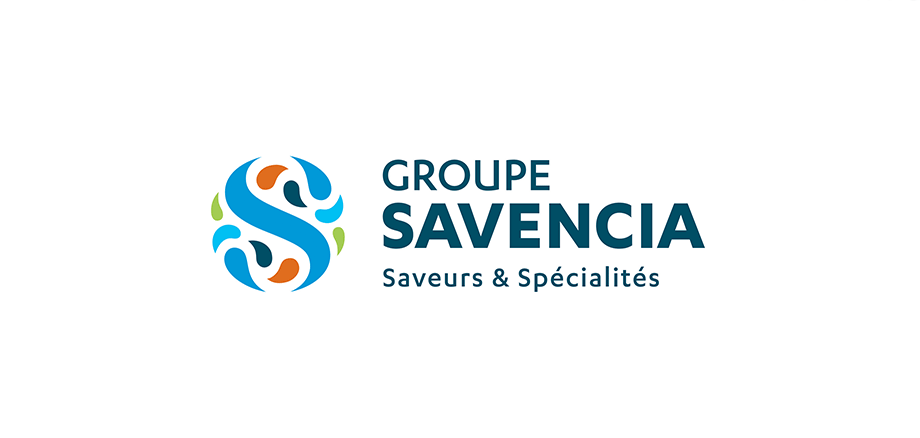
Savencia, a new name and new momentum
The Group changes name and becomes Savencia Saveurs & Spécialités, a new identity symbolizing its unique palette of savors and specialties, its innovative know-how and its international ambition, with its corporate signature affirming its French origin.
-
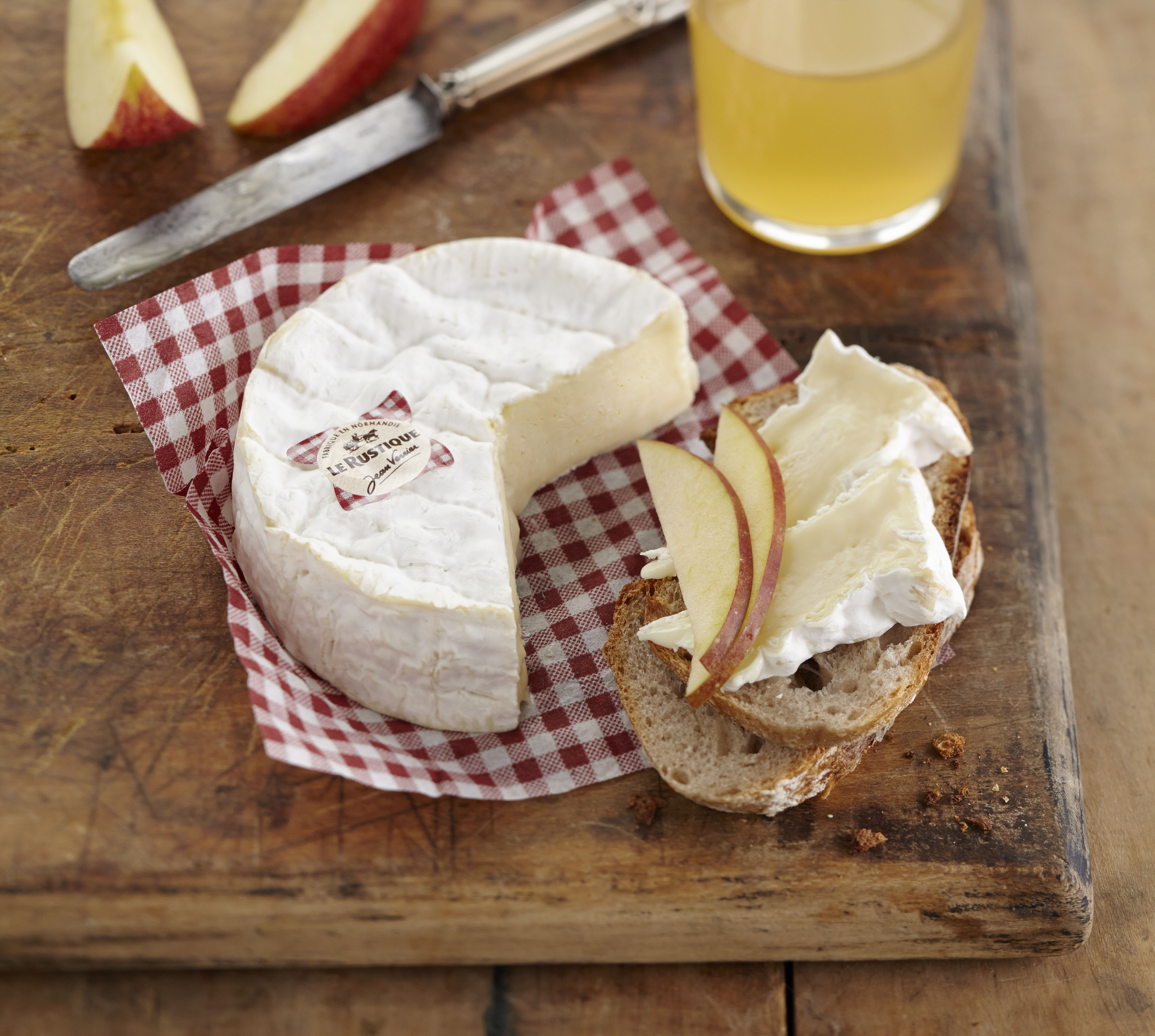
CF&R joins SAVENCIA
With the takeover of Compagnie des Fromages et RichesMonts, Savencia Fromage & Dairy strengthens its position in the cheese market with three strong brands: Le Rustique, RichesMonts and Coeur de Lion.
-

The Group is moving towards plant-based products with delicious alternatives
Indeed, the shift towards flexitarian diets opens a wide range of possibilities to plant-based substitutes. In this growing market, led by the United States, Savencia has strengthened its plant-based offer with the acquisition of Hope. In Europe, Bresso 100% Pflanzlich was launched in the pioneering German market, while Vivre Vert in France is the first cross-functional French plant-based brand in four major dairy shelves. This was followed in the same time by plant-based products such as Tartare 100% Végétal. The launch of these products is the result of a fruitful collaboration between the Production and the R&D departments, with the emphasis on taste, functionality and the most natural recipes possible.